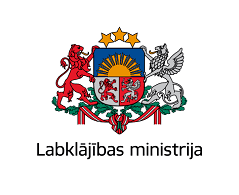Research on the situation of informal caregivers in Latvia
Project Customer: Ministry of Welfare
 The project is currently being implemented.
The project is currently being implemented.
The purpose of the study is to assess the situation of informal caregivers in Latvia, to identify the problems specific to the target group and to provide proposals for solving them. Within the framework of the study, the research of the current situation (analysis of regulatory framework, support measures, experience of other EU countries) and extensive empirical research, which includes a large number of interviews and participatory observations, is carried out. As part of the study, a representative survey, development of analytical articles and preparation of proposals for the support of informal caregivers and further identification and assessment of needs are carried out.
